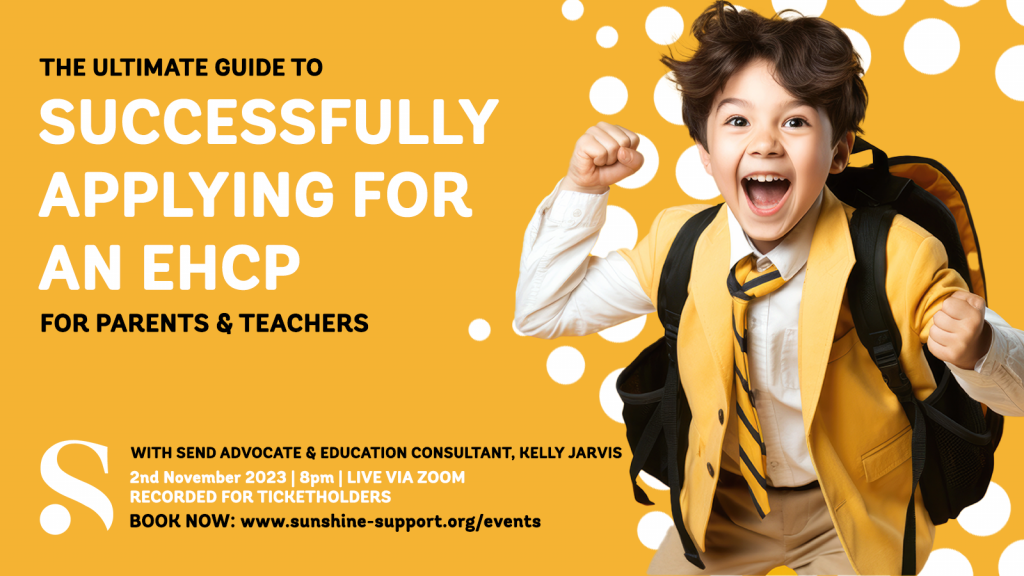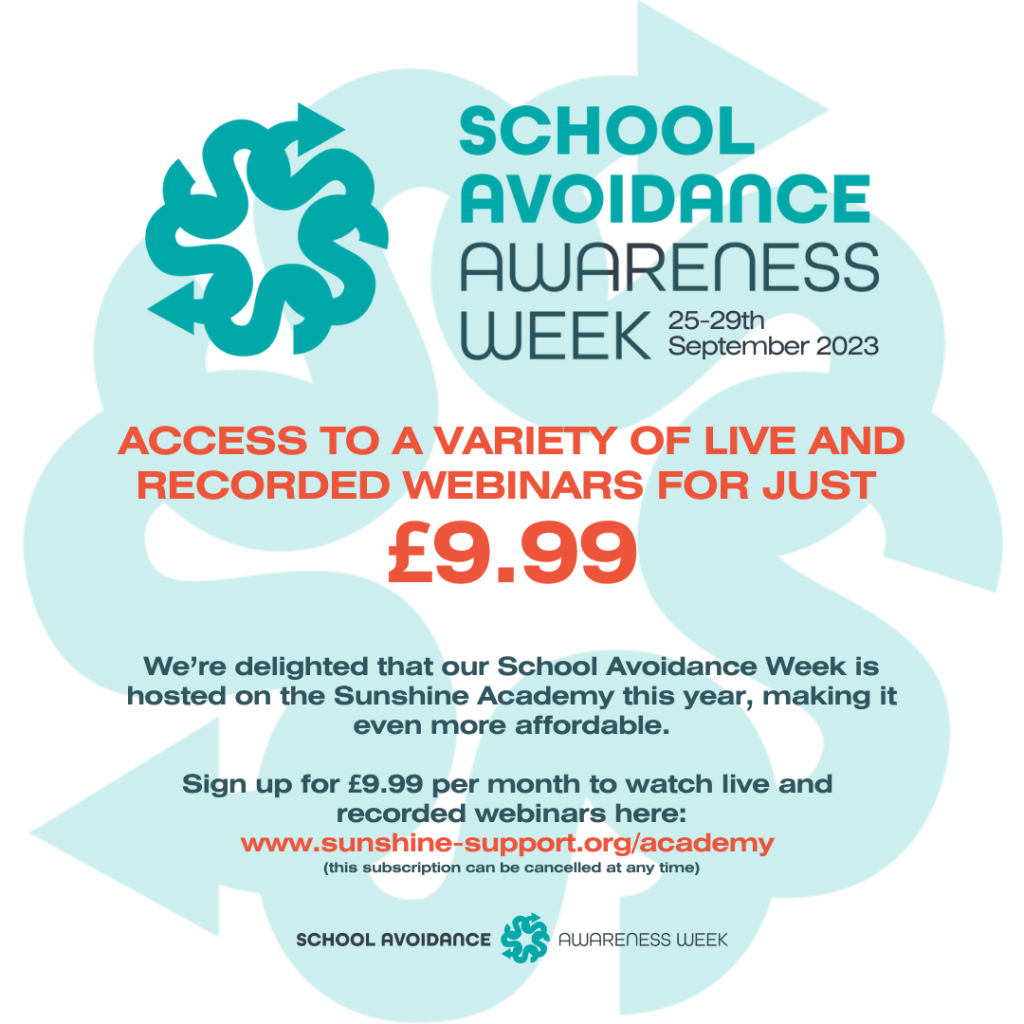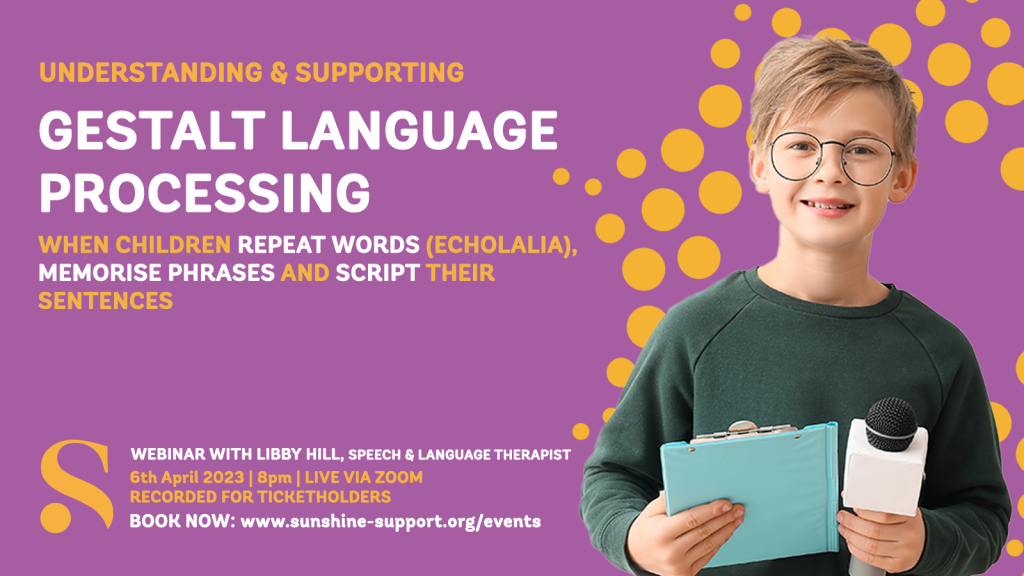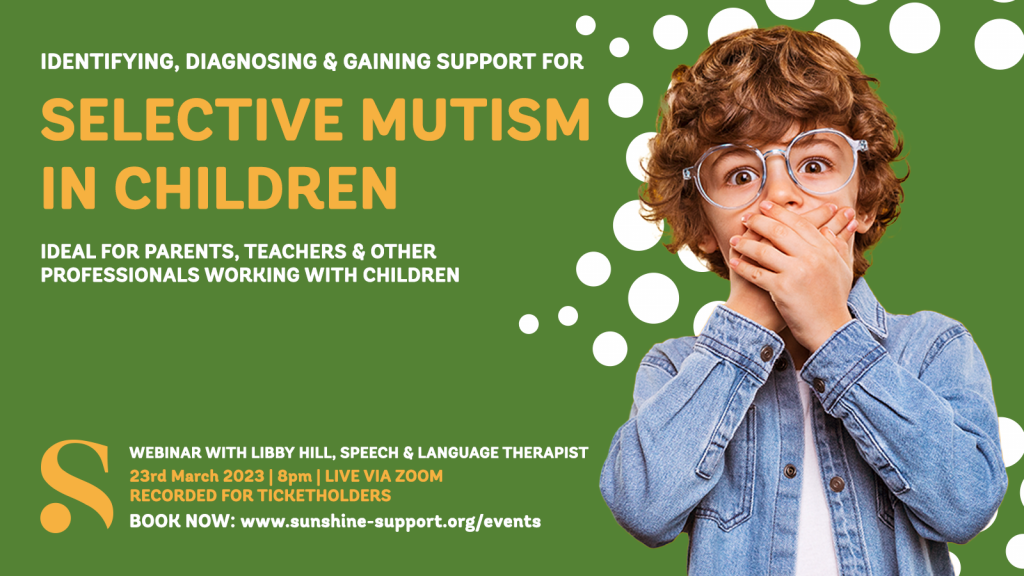We celebrate diversity in our home, it’s second nature to us. But when we discovered our daughter had DLD, it was a whole new world of learning and discovery for us all.
One that we want to share, in the hope it helps others.




Meet Ridley
“Hi my name’s Ridley. I’m a twin and have lots of sisters. I love Harry Potter and Marvel, and I’m really good at climbing and swimming. I have a squad in school, they’re my friends and we are a team. I have something called DLD, it means sometimes you have to repeat things to me so that I understand. But I’m really cool”
This is what ownership of your differences looks like at age 7. This is Ridley.
Ridley is an incredible child who wins over the heart of everyone she meets; she’s funny and full of character and confidence. She is a regular feature on my Facebook live videos and is absolutely hilarious; she really does have the best sense of humour and is enormously funny!
Ridley’s enormous character isn’t a happy accident though. It’s one that, because of her differences, we have to empower and validate at every turn. We have learned an enormous amount about Ridley over the last few years in particular, since her diagnosis of DLD, and we want to share our story in the hope it helps others.
What is DLD?
The charity “Raising Awareness of DLD” explains in their factsheet:
“DLD is a significant difficulty learning, understanding, and using spoken language. DLD is a relatively NEW term (2017) for a condition we have known about for hundreds of years. This condition goes by many names: expressive-receptive language disorder, specific language impairment, speech-language impairment, and language delay among them. The current, consensus term in the English-speaking world is Developmental Language Disorder or DLD (Bishop et al., 2016; 2017)”
- DLD is a hidden disability. People with DLD make more errors or use simpler sentences or even have trouble organizing a conversation. These problems are not always obvious to the non-specialist.
- DLD emerges in early childhood but persists into adulthood.
- DLD affects people around the world, no matter the language spoken.
- DLD is common. 1 in 14 children have DLD.
- DLD matters. It can affect social and emotional well-being as well as success at school and work.
Ridley’s Early Years
Ridley is a twin and had a tough time in utero. Her speech was slightly delayed and she was later than her twin with successful toilet training, which affected her confidence as some of her nursery teachers would often point this out to her and compare her to her sister.
Her nursery teachers also noticed what they called ‘ naughty’ behaviours when she ‘didn’t get her own way’. But we didn’t notice this at home.
To give some context, we are a neurodivergent family. Within our brood we have Dyslexia, Developmental Trauma, ADHD, Autism, PDA but to name a few. Our home is a sensory haven, no matter the profile of the child, and we are naturally trauma-responsive with our approaches (we love the low arousal approach and anything underpinned by The Polyvagal Theory!).
Naturally, when environments did not meet Ridley’s needs the way we did at home then there were behaviours that presented themselves, those ‘behaviours’ were actually responses to her needs not being met and not the sign of a ‘naughty child’ (there is no such thing as a naughty child!).
We assumed that the reason she wasn’t performing to the standard that nursery teachers expected was because of this environmental difference and also the fact she’s a twin and the youngest in her year group. However, whens she progressed to school we learned so much more.
Reception and Infant School – Early Signs of DLD
Ridley had an amazing reception teacher who really understood her. It wasn’t long before we were invited in for a chat about her progress and possible special educational needs. The things that were identified were:
- Difficulties being in a busy class of 30
- Difficulties transitioning between tasks and settings
- Disappearing into areas where she couldn’t be spotted in order to get out of doing something
- Difficulties hearing
- Demand avoidance
- Behavioural difficulties
- Avoidance of social situations and friendships
- Getting words mixed up or mis-pronounced
- Difficulties in recalling/remember words
- Attention difficulties
- Not attaining the recommended learning target for her age (in months, not year group)
- Potential sensory issues
None of us could quite put our finger on what could be making her struggle like this… But, read that list again… What does it sound like?
Could it be that she’s Autistic and we missed it?!
Assessments and Identifying DLD
We spoke at length with the school, who were (and always have been) amazing and monitored her progress with the toolkit that was available to us with the school… We weren’t making progress. We needed more insight.
We arranged for Libby Hill of Small Talk Speech & Language Therapy to assess Ridley. She used a series of assessments, and as soon as she turned 5 years old Ridley was diagnosed with Developmental Language Disorder (children need to be age 5 or older to receive a diagnosis of DLD).
The Importance of a Diagnosis
So many call a diagnosis ‘a label’ but it absolutely isn’t. Here are the benefits of getting a quality assessment and diagnosis:
- Getting a diagnosis is SO very important for a person’s identity and Ridley has benefited enormously by understanding her differences
- Without a clinical diagnosis children will get a moral diagnosis, and are more likely to be ‘written off’ by society as a naughty child
- Whilst you don’t need a diagnosis to get support, it undoubtedly makes it easier if you know what is going on. This leads to more support and less judgment (I appreciate there are still too many exceptions to that rule!)
Support in Mainstream School
Ridley was granted a lot of support as a result of her diagnosis, which is unheard of normally, but I want to highlight what is possible within a mainstream setting who WANT to understand and help.
She was given…
- Weekly yoga to help with her wellbeing and emotional regulation.
- A learning mentor that did amazing pieces of work both in the classroom and in other settings
- A teaching assistant to help with transitions and learning
- Emotional coaching – to understand her emotional regulation
- Visual timetable
- Ear defenders to help with noise stimulation
- A bespoke speech and language programme designed by Libby Hill and delivered by teachers, TAs and us as parents including resourced by Black Sheep Press
- Small intervention group settings
Her confidence grew. She learned so much about herself, and became a stronger self-advocate. Her school learning developed as a result too, but so did the teachers’!
The teachers enrolled on several of our workshops and webinars to learn more about Developmental Language Disorder.
Ridley has an EHCP with a full complement of specialist provision that is delivered in a mainstream setting.
The Difference
Ridley is now in Key Stage 2, and undoubtedly the learning is more complex which means she needs additional help and support to access the curriculum and blossom. But it works.
DLD is one of very few conditions that has a lot of research to show how outstanding the outcomes are when certain approaches are taken.
Her presenting features of DLD at age 5 were the following… I’ve added how her presentation is now with support.
- Difficulties being in a busy class of 30 – Ridley now copes well on the whole with lots of assistance and needs 1:1 support that isn’t ‘velcro’d’ to her
- Difficulties transitioning between tasks and settings – Ridley responds well to transitional support strategies which has improved her quality of enjoyment of learning and life and has shown that she is not rigid in her thinking, but needs support
- Disappearing into areas where she couldn’t be spotted in order to get out of doing something – we now understand why this was happening, and have put in strategies to minimise it. It barely happens anymore!
- Difficulties hearing – with new approaches, she hears much more and responds appropriately for her age
- Demand avoidance – this has almost disappeared altogether! But only with daily support and understanding of course.
- Behavioural difficulties – these are much more appropriate for her age now, and she understands what she is trying to communicate for the most part and so they’re much less and her communication is much clearer
- Avoidance of social situations and friendships – her confidence has grown, and so this is not a problem whatsoever any more
- Getting words mixed up or mis-pronounced – she understands why this is, and seeks support when she needs help
- Difficulties in recalling/remember words – she understands why this is, and seeks support when she needs help
- Attention difficulties – these are improving with the provision she has in place, and she’s producing some amazing work that she is proud of!
- Not attaining the recommended learning target for her age (in months, not year group) – this maybe an issue for a while, but that’s Ok. Her talents aren’t measured by government targets, she’s a superstar.
- Potential sensory issues – yes, she has sensory processing difficulties and is going to be in receipt of a sensory diet very soon.
Signs of Distress
All of the above presentation was underpinned by Ridley being in a state of distress. Her needs were not met, through no one’s fault, but she was essentially communicating to us that:
- She struggled with auditory processing
- She didn’t understand what was expected of her in different settings
- She has executive functioning difficulties which explained why she struggled with impulse control and transitioning between tasks and settings
- She was anxious
- She was scared
- She was confused
When we look at the distress signs she presented with 3 out of 4, but it took us a while to figure it out why:
- Fight
- Flight
- Freeze
- Fawn
It is all explanatory now though, given the explanations above.

How come we’d never heard of DLD?
DLD is the most common learning difficulty,
2 children (at least) in every class of 30 have DLD. It can occur on it’s own or alongside other presentations such as Dyslexia, Autism etc etc.
We did a survey in 2020, and 90% of teachers had NEVER heard of DLD. This will be one of the major barriers to identifying it and subsequently getting support.
This is why this year we, at Sunshine Support, are raising awareness of DLD throughout the month of October which is DLD Awareness Month.
We are asking teachers to identify 2 children in their class who potentially could have DLD and speak to us about how to get the diagnosis and support for them, to improve their quality of life and learning.
Learn more about DLD
- WATCH OUR RECORDED WEBINAR WITH LIBBY HILL: From 1st October through to the 20th October we have made available our recorded webinar on DLD available for just £5*. Click here to watch.
- WATCH OUR PRE-RECORDED INTERVIEW WITH LIBBY HILL ON YOUTUBE: We recorded this before lockdown, and it’s available to watch for free here.
- BOOK BESPOKE DLD TRAINING FOR YOUR SCHOOL: we deliver tailored training and consultancy for schools, click here to request a chat about this.
Check out Raising Awareness of DLD by clicking here, they have some fabulous resources!
We will be loading more and more resources to this blog as DLD Awareness month continues! Keep checking back for more information!
WORK IN A SCHOOL? RIDLEY WANTS YOUR PLEDGE!
Let us know what you are doing to identify your 2 in every class of 30?
Our children deserve help with their identity and need that bespoke help in order to thrive… Every teacher is a teacher of SEN according tot he SEND Code of Practice, so we want you to pledge your commitment to helping children with DLD.
Tell us about what you have planned to help identify and support the children with DLD in your school by hashtagging #whoareyour2 on social media channels – we will give you a big social media mention for it!








